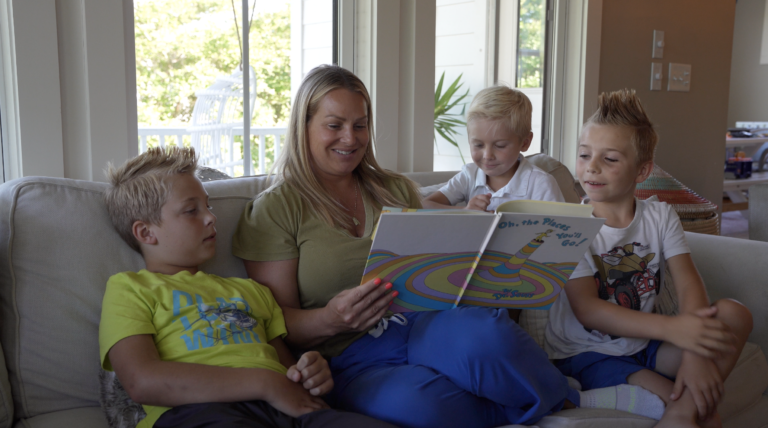At Liberty Hill Academy in North Charleston, students have been coming in to the school’s clinic all day to see nurse practitioner Lauren Saylor.
“When my kids aren’t getting their medicine from me, they come in for hugs,” she says.
Many students at Liberty Hill need extra emotional support. The school is an alternative to the Charleston County School District, where staff work with students to identify the root causes of behavioral issues. Saylor said a child’s bad behavior is often a cry for help.
Millions of young people suffer from mental illnesses such as ADHD, conduct disorder, depression and anxiety. Research shows: 1 in 6 School-age children Mental disorders Every year, these symptoms can be effectively treated with medication and psychotherapy.
Christy Smith is manager of school-based behavioral health services at the Medical University of South Carolina. In partnership with MUSC, Institute of PsychiatryShe provides both behavioral health therapy and medication management to children in schools throughout South Carolina, including Liberty Hill. The program offers both in-person counseling and virtual care via telehealth.
“The earlier we can identify what behavioral health issues students are struggling with, the more likely we can teach them coping skills and ways to build resilience, which will lead to long-term success,” Smith said.
Early intervention can reduce hospitalizations for young people, require less treatment in the long term, and lead to higher self-esteem, increased motivation and more success in school, she said.
Nurse Saylor learned through her work how effective school-based behavioral telehealth programs can be and decided to enroll her two sons in the program. Her sons, ages 8 and 7, receive telehealth services through their school, so Nurse Saylor doesn’t have to take time off work to take them to appointments.
“As a mom, this has been extremely beneficial for me because I don’t think I would have been able to do it otherwise,” Saylor said.


